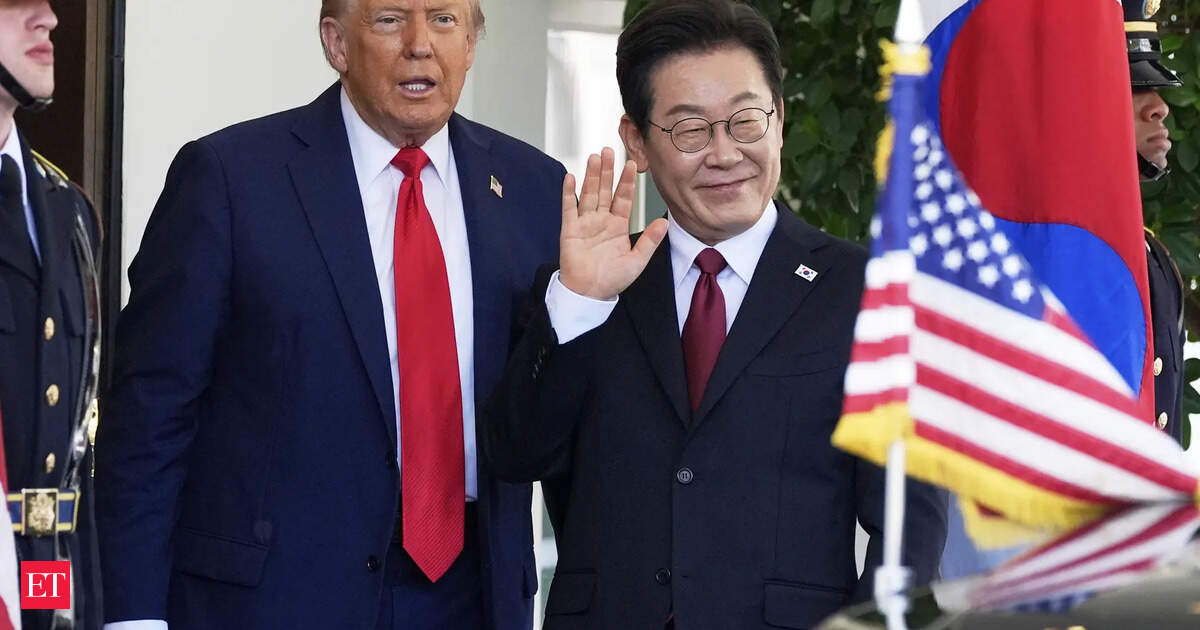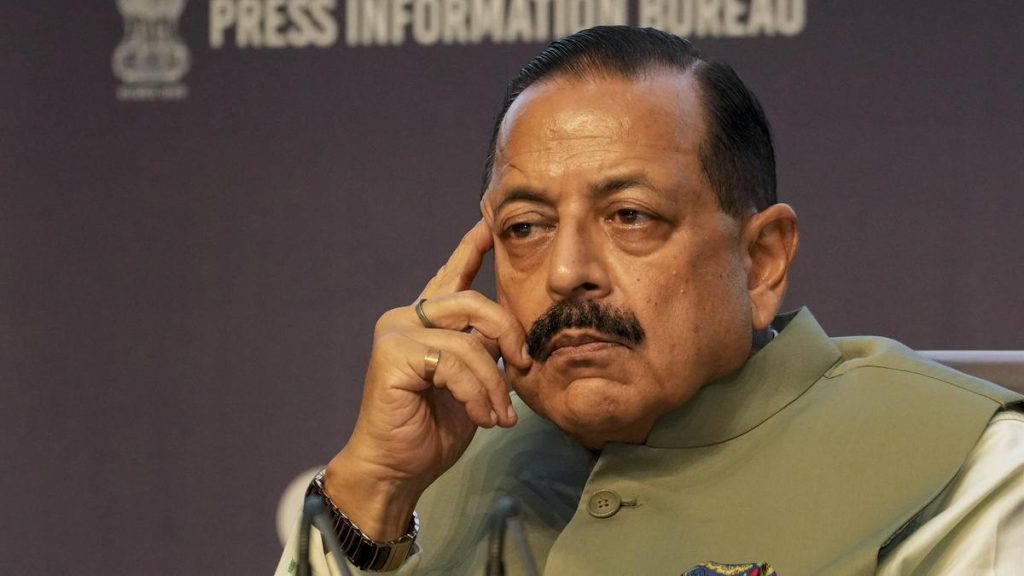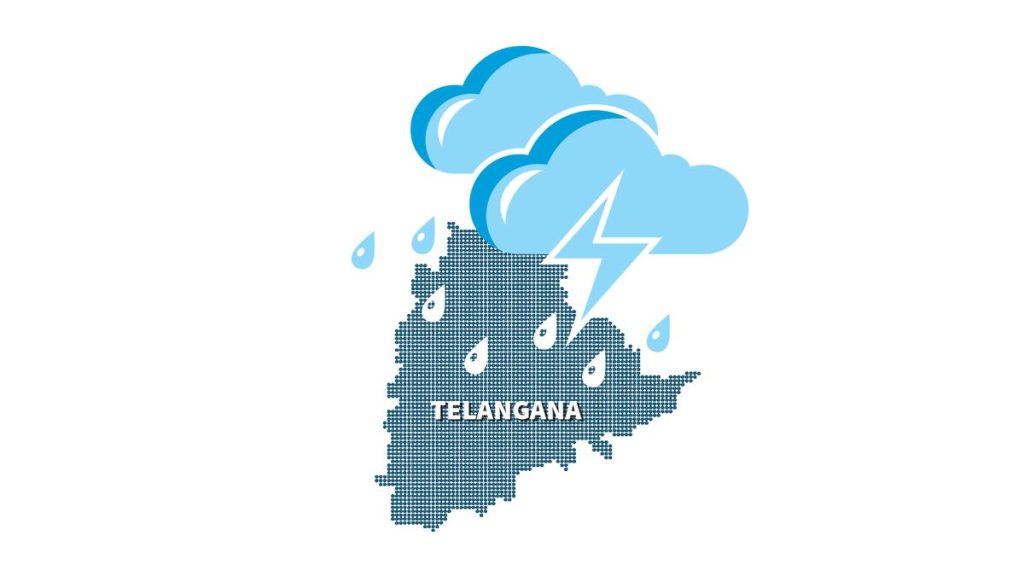Now Reading: South Korean President Proposes Trump Tower, Golf Diplomacy in North Korea
-
01
South Korean President Proposes Trump Tower, Golf Diplomacy in North Korea
South Korean President Proposes Trump Tower, Golf Diplomacy in North Korea

Speedy Summary
- South Korean President Lee Jae Myung met Donald Trump in the Oval Office, urging him to reopen talks with North Korea and humorously proposed building a “Trump Tower” there.
- Lee emphasized TrumpS unique diplomatic ability while offering to assist as a “pacemaker.”
- Trump expressed openness to another meeting with Kim Jong Un and reminisced on their past interactions.
- The meeting occurred amid heightened tensions: North Korea continues expanding its nuclear arsenal, recently testing two air defense missiles.
- US-South Korea trade and defense issues remain unresolved. Trump criticized South Korea’s defense spending while tariffs on South Korean goods stand at 15%.
- Seoul companies pledged meaningful investments in the US market, totaling over $150 billion across industries such as shipbuilding and aviation.
- Pyongyang’s growing nuclear capabilities caused alarm during Lee’s visit; intelligence reports indicate advancements in weapons technology and closer ties with Russia.
Indian Opinion Analysis
Lee Jae Myung’s diplomatic engagement shines a light on seoul’s dependence on Washington for managing stability in Northeast Asia-an issue closely tied to India’s strategic calculus. The focus of this visit reflects how alliances shape regional dynamics amidst escalating global tensions. While Trump’s readiness for dialog with Kim Jong Un might be constructive diplomatically, North Korea’s continued nuclear advances signal an urgent need for international collaboration.
For India, such developments reinforce the importance of strengthening its partnerships within Indo-Pacific frameworks like Quad or other multilateral channels to navigate emerging threats near its own borders. This situation also suggests evaluating bilateral dependence against fostering autonomous security policies.
On economic fronts, South Korea’s large-scale investments emphasize opportunities stemming from interconnected markets despite trade barriers-a useful consideration for Indian firms seeking expanded overseas ventures under bilateral deals similarly strained by tariff disputes.
The evolving complexity between powers involved mirrors challenges that India faces regionally: balancing growth ambitions while safeguarding strategic security interests amidst unpredictable shifts globally.























